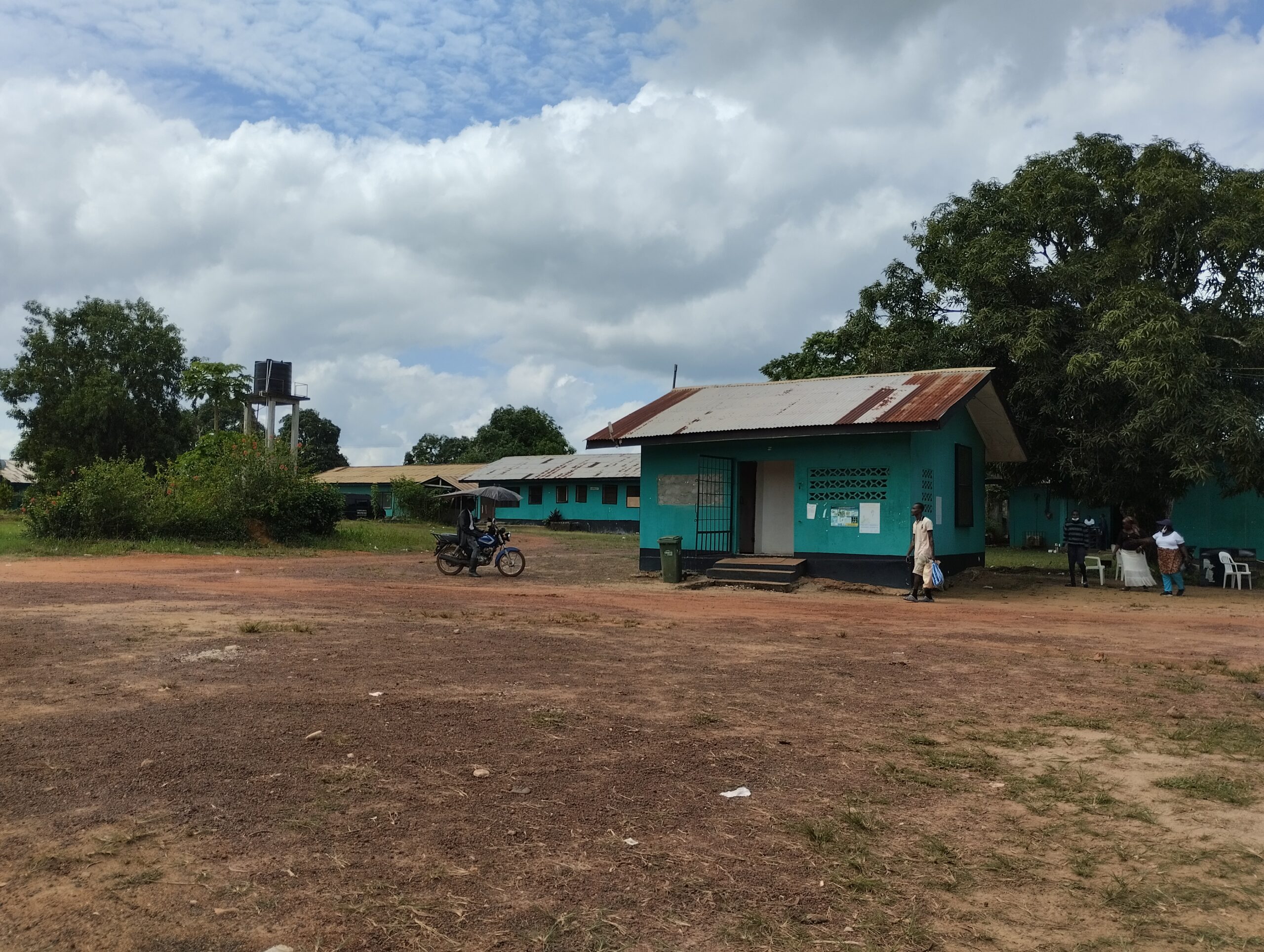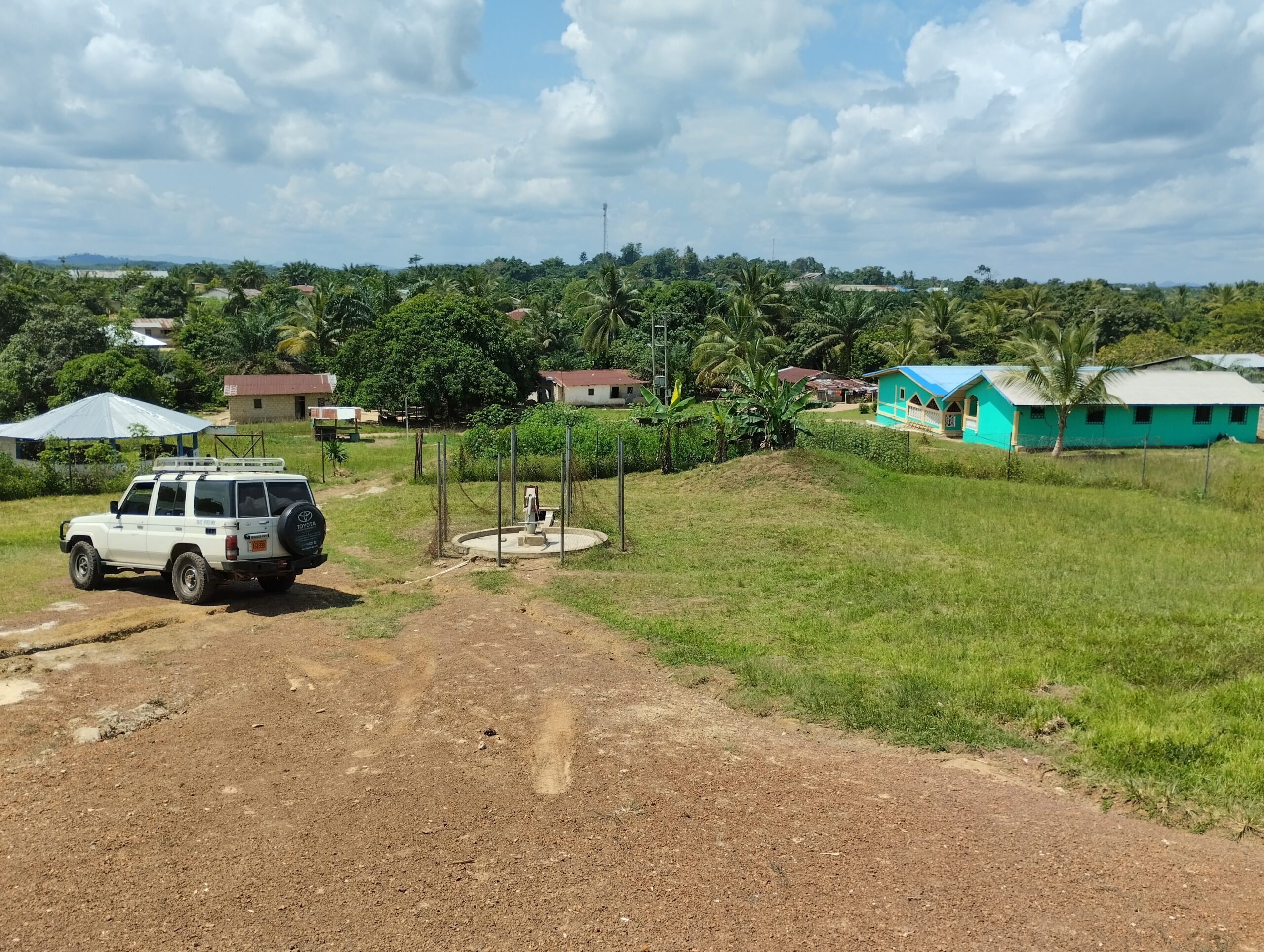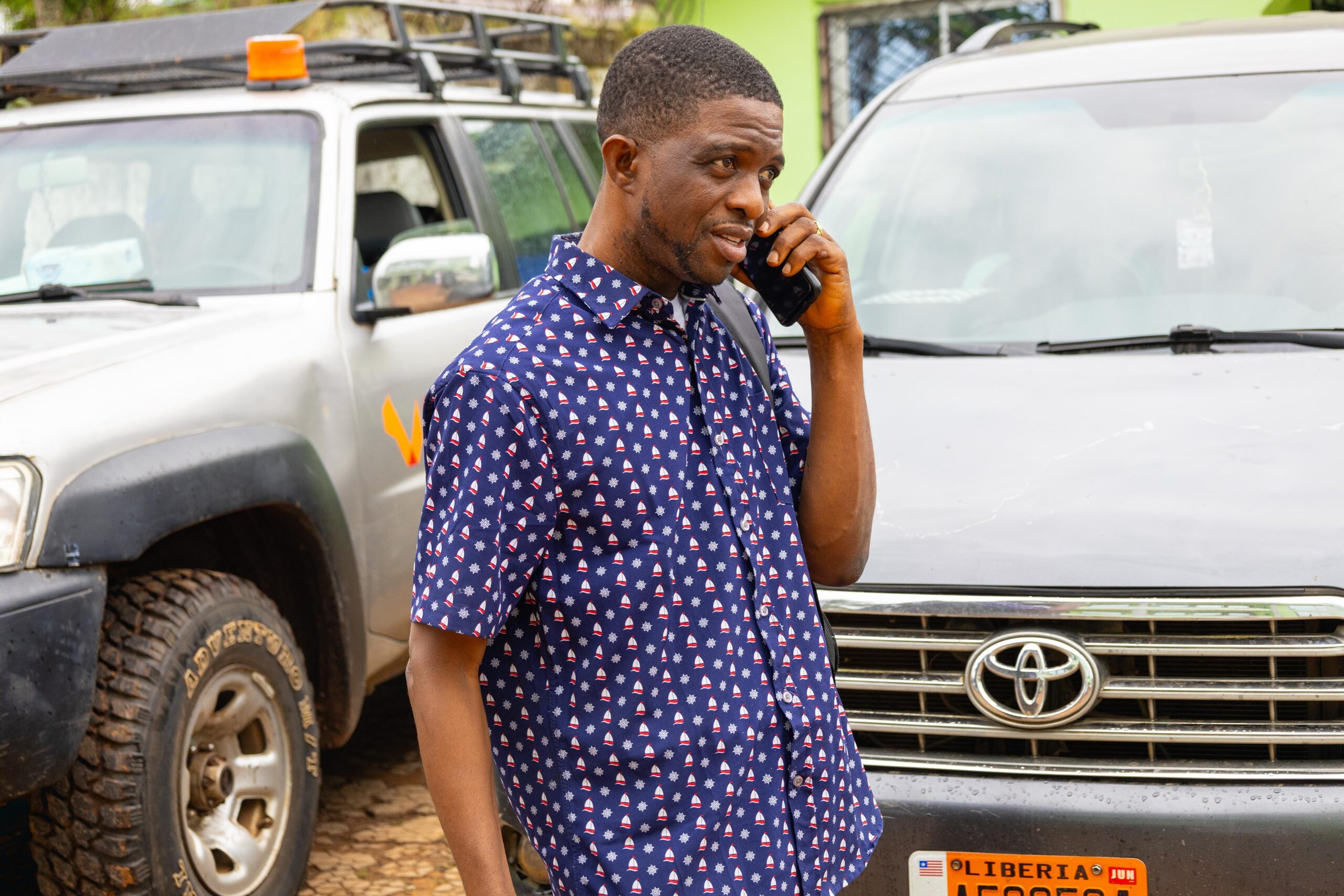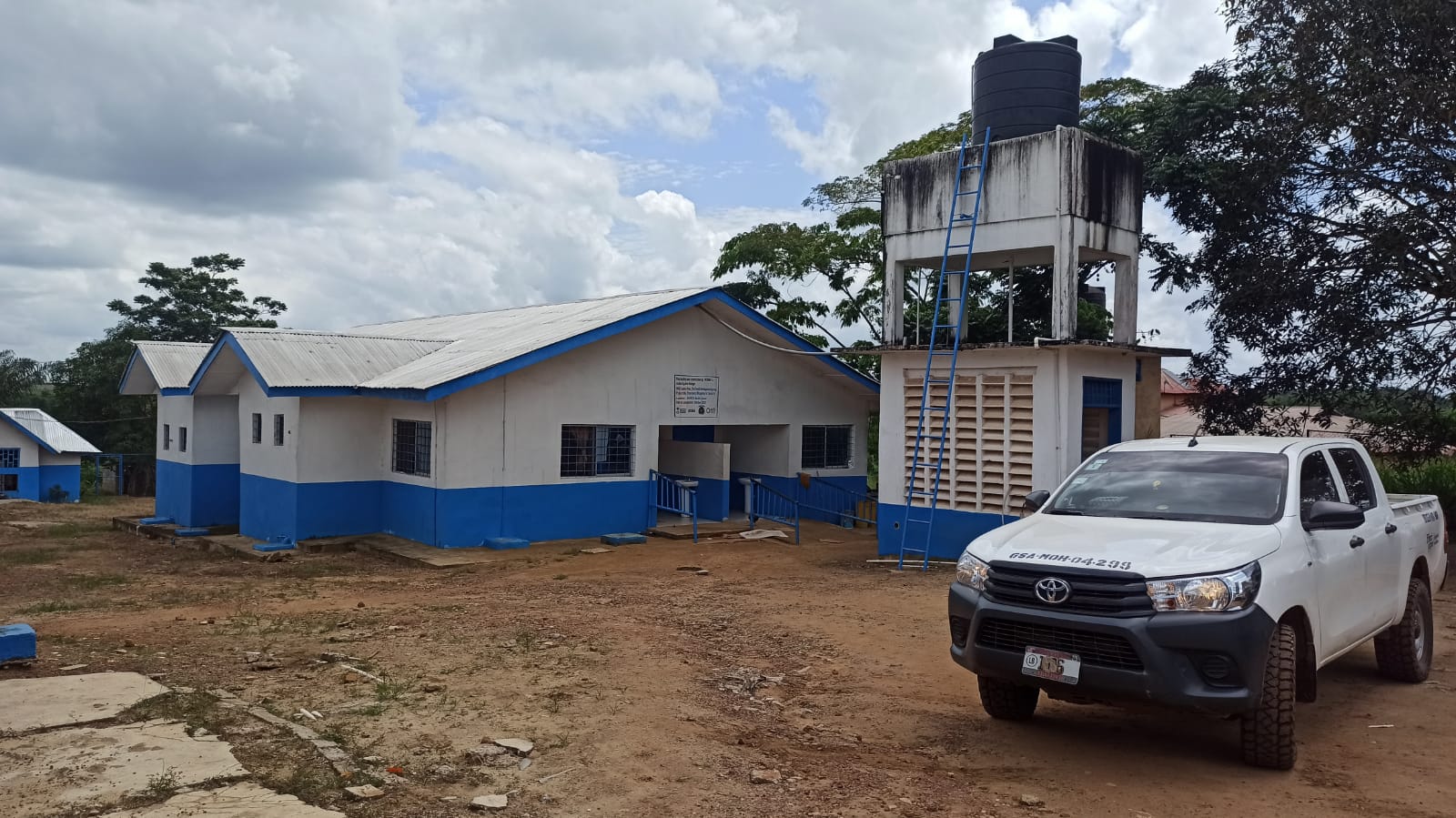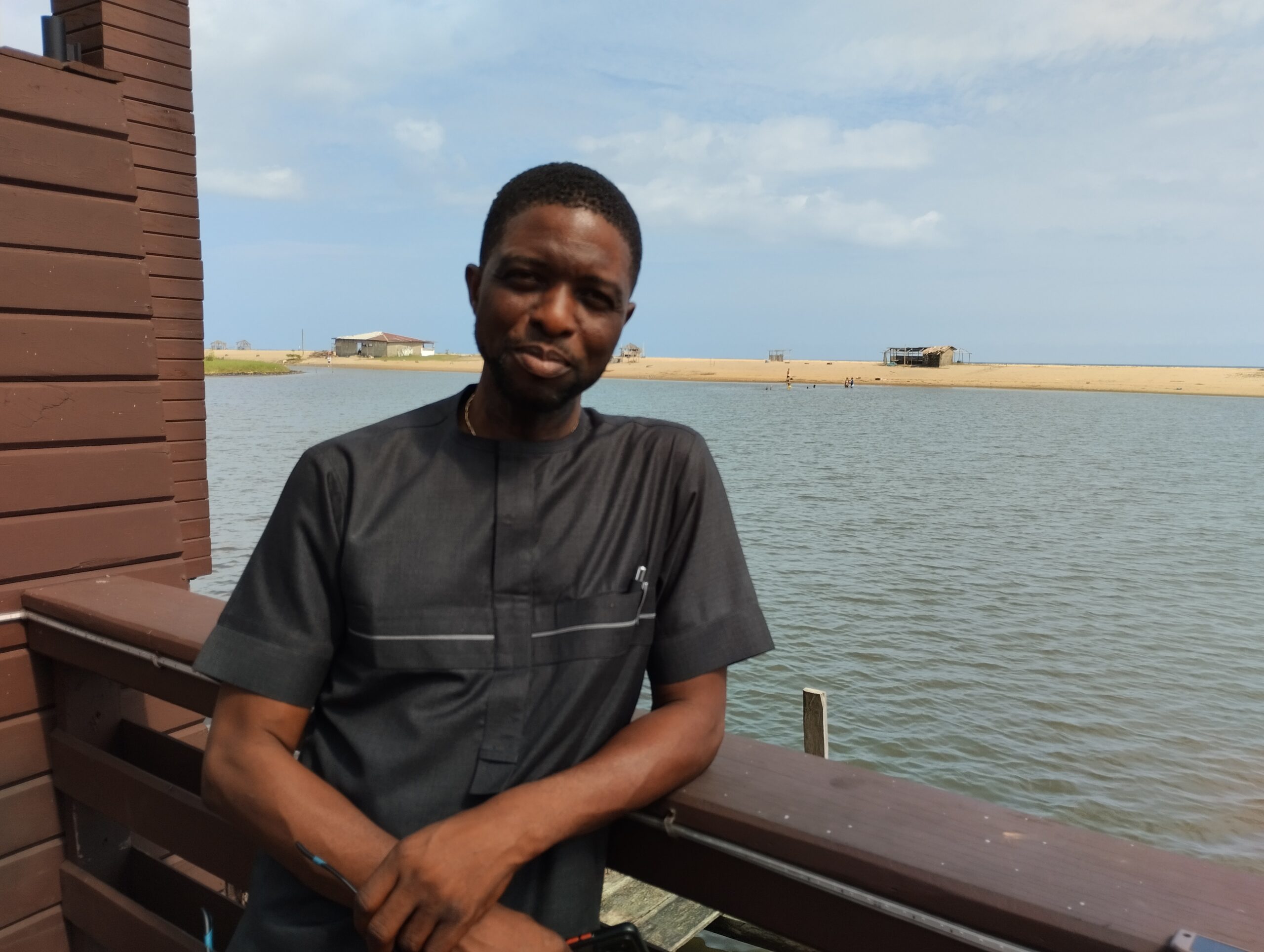Karsor K. Kollie: Managing Director of Liberia’s Ministry of Health National Programme on NTDs
“Mostly, when we’ve developed NTD master plans in the past, they just ended up sitting in a filing cabinet. This is the first time we’ve launched a plan together with a project that can support it.”
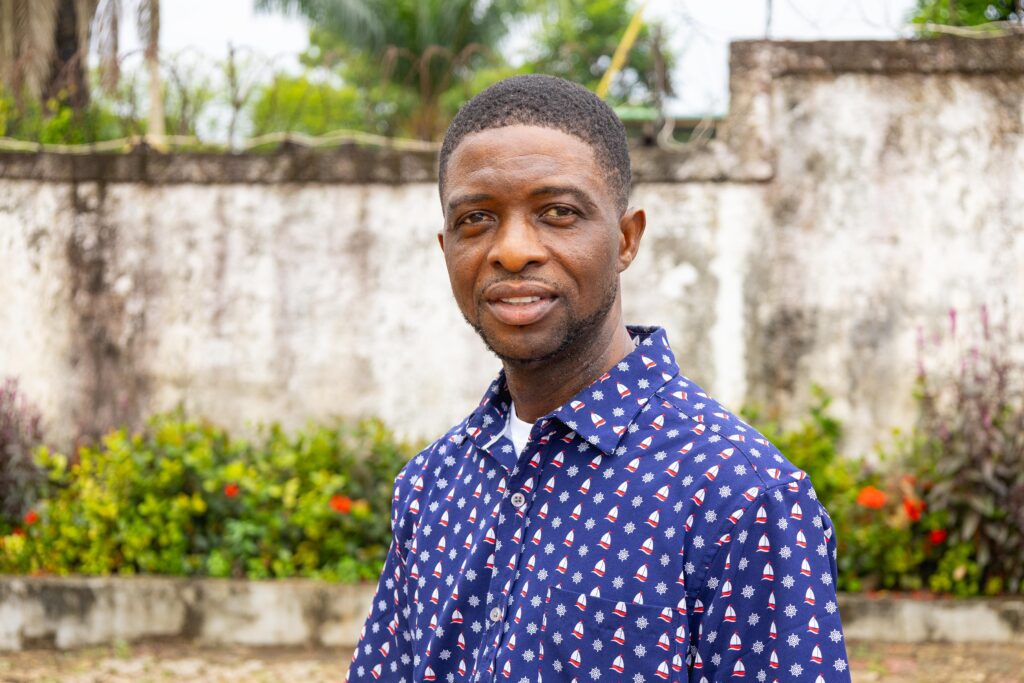
Introduction:
Trained as a physician assistant, with a degree in economics from the University of Liberia and a Master’s Degree in Public Health, Karsor K. Kollie is the Director of the Neglected Tropical Disease (NTD) and Non-Communicable Disease Programme in the Ministry of Health in Liberia


Anesvad Foundation:
Tell me how the National NTD Programme in Liberia is organised?
Karsor K. Kollie:
The NTD programme has an integrated approach, both within the system and in terms of how interventions are implemented.
This means there’s a chain of people at each administrative level, from the director at the national level – which is my current position – all the way down to the county supervisors and the NTD focal points in the various districts. In addition, we also cover the clinics and health centres, and on a local level we have community support volunteers.
Anesvad Foundation:
What are the main challenges that this National NTD Programme faces?
Karsor K. Kollie:
The first challenge is that it’s very ambitious. We want to do many things, and that’s why we need many more resources than what we actually have in order to meet our control and elimination targets. So, really the biggest challenge right now is the shortage of resources to implement our National NTD Programme.
Anesvad Foundation:
How can this new project involving the Anesvad Foundation mitigate some of those hurdles?
Karsor K. Kollie:
Mostly, when we’ve developed plans in the past, they just ended up sitting in a filing cabinet.
But this is the first time we’ve launched an NTD master plan alongside a project that can support it. This is great news, but not every aspect is covered. It’s a great achievement and a chance to say that we must make the most of it and give the best of ourselves to our people.
Anesvad Foundation:
As far as this joint project is concerned, what are some of the future challenges?
Karsor K. Kollie:
There are a lot of big challenges for this project: we need a lot of human resources to make it happen, as well as capital. And we also need to be able to coordinate our partner organisations in such a way that they meet the government’s goals, that they don’t go it alone.
The public authorities must take the lead, sit behind the wheel and coordinate everything properly. But at least now we can say that, with the support of the Anesvad Foundation, ALM and Effect Hope, we can move forward on managing skin NTDs.
Anesvad Foundation:
One of the Anesvad Foundation’s goals is to strengthen public health systems, but, in your opinion, what shape should this support take?
Karsor K. Kollie:
Our health system needs strengthening, and I think that international partner organisations should direct their support to achieving that.
You can’t just strengthen parts of the system, you have to focus on strengthening the whole system because it’s a circle; if you strengthen one element but another element stays weak, the entire system continues to fail. We need to make it a resilient system, not just one that reacts to outbreaks or emergencies. It needs to be sustainable and provide support so that the programme can continue when these partner organisations leave.


